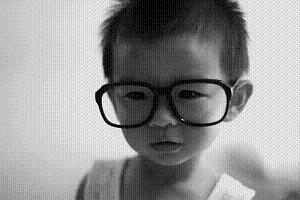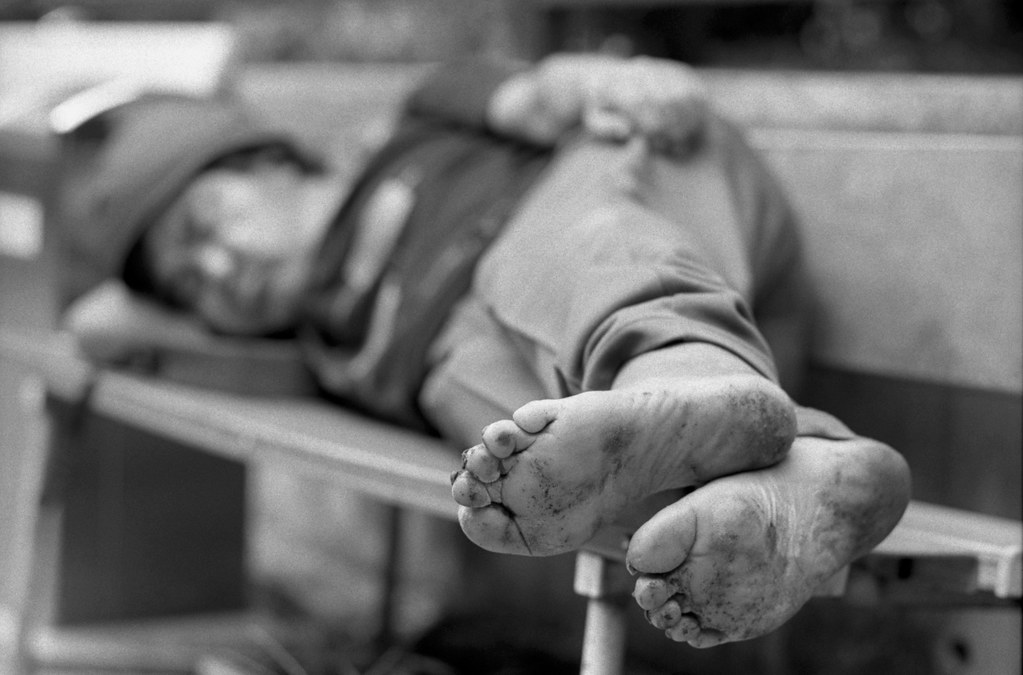 Embedded in this week’s news on a new study on Chinese children who need glasses (it’s estimated as much as 60% of rural Chinese children need glasses, but many don’t get them), was this quote from an Oxford researcher:
Embedded in this week’s news on a new study on Chinese children who need glasses (it’s estimated as much as 60% of rural Chinese children need glasses, but many don’t get them), was this quote from an Oxford researcher:
“People of Chinese origin have been shown to have some of the highest rates of shortsightedness in the world,” Abhishek Sharma, of Oxford University in the UK
That news wasn’t a large surprise to me, but that’s because I’ve been nearsighted almost my entire life. And similar to the rural Chinese children described in the story, I too needed glasses when I was in elementary school, but never got them. The difference was that not wearing glasses in my case had nothing to do with superstition, or wrongly held beliefs (the rural Chinese believed there were medicines that could correct nearsightedness, and that wearing glasses could make vision worse). In my case, no one ever figured out I needed glasses, not until I reached 6th grade, and my sixth grade teach thought I was squinting a little too much and sent me to the school nurse; who then sent me to an eye doctor.
It turned out I was probably nearsighted for my entire elementary school career, but no one ever noticed since I did pretty well in school. My first pair of glasses were over -6.00 diopters in strength (20/700 to 20/800 on the snellen vision chart – note: corrected vision at 20/200 or worse is considered legally blind).
I’m not sure how I succeeded all those years without being able to see, but I suspect a lot of it had to do with memorization and working a lot harder than I probably needed to. My own daughter is about to enter school this fall. She’s more likely than most to need glasses, since both her biological parents are near-sighted. So, we’ve been careful to get her vision (and hearing) checked, so the same thing doesn’t happen to her that happened to me as a child. Lucky for her, for now her vision is pretty good. If you or your child is of Chinese origin, you may want to go in for that routine eye exam, sooner rather than later.









